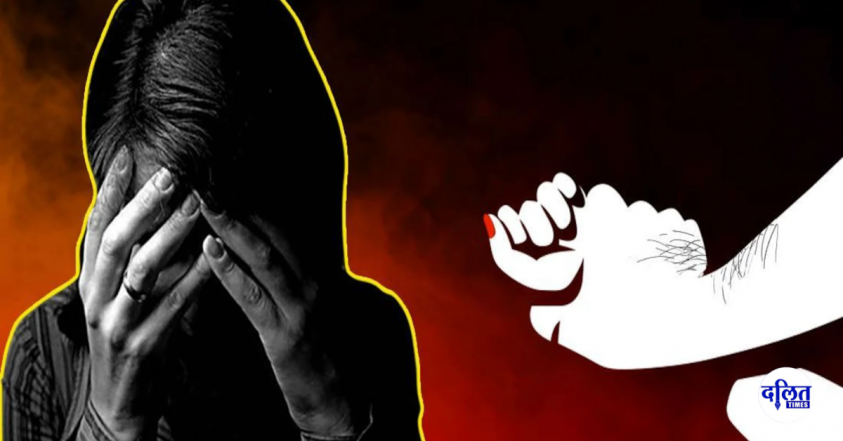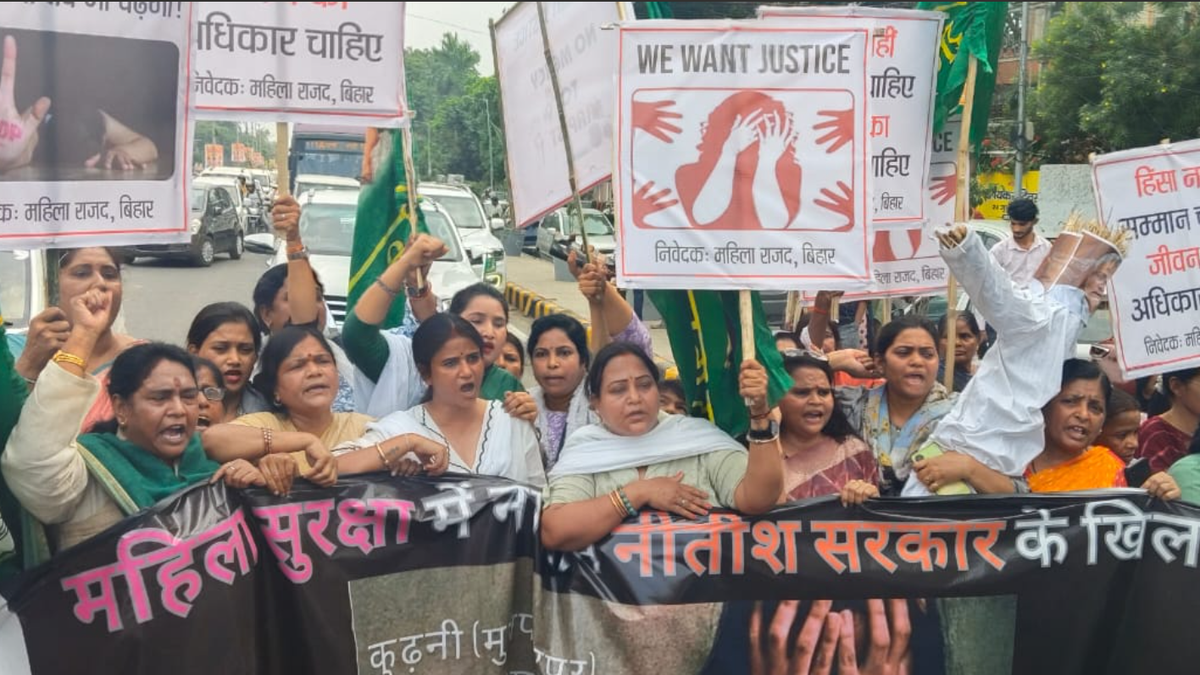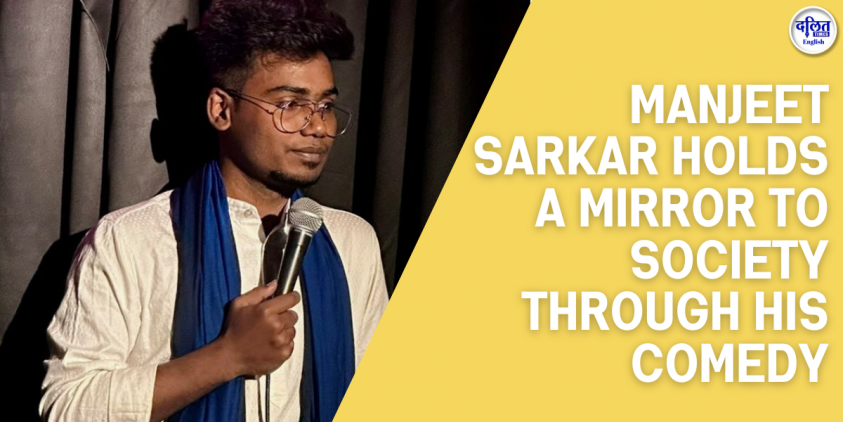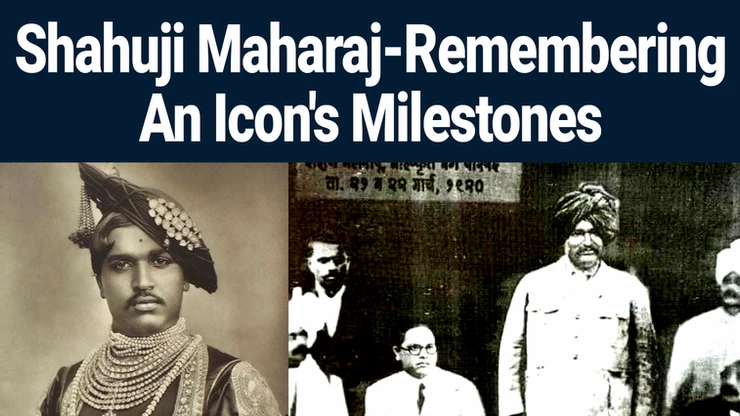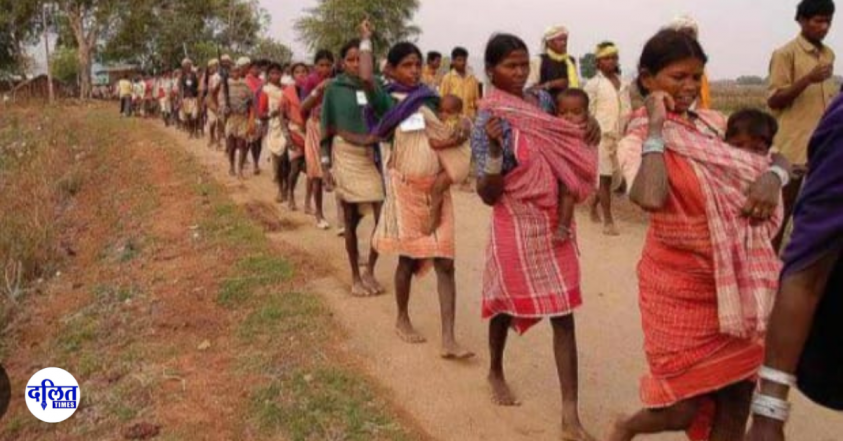A Crime Beyond Violence: Rape, Mutilation, and Institutional Failure
On May 26, 2025, in Muzaffarpur, Bihar, a minor Dalit girl was lured with a chocolate near her aunt’s house and taken to a field where she was brutally raped and attacked with a sharp weapon. Her throat was slit, her chest bore slash wounds, and her vocal cords were irreparably damaged—rendering her voiceless in the most literal sense of the word. Despite the gravity of her condition, the institutional response that followed was riddled with inaction, delay, and blatant apathy. On the morning of June 1, the child succumbed to her injuries at Patna Medical College Hospital (PMCH), after hours of waiting in an ambulance.
After initial treatment at Sri Krishna Medical College and Hospital (SKMCH), Muzaffarpur, she was referred to PMCH in Patna. But even upon arrival, the ordeal did not end and the Ambulance Became a Death Chamber. Her uncle, Virendra Paswan, reported that the child was forced to wait over hours in the ambulance due to a lack of bed availability. By the time she was finally admitted, it was too late. The hospital administration denies any negligence, claiming she was promptly attended to. But the reality of her family and the child’s untimely death speak louder than bureaucratic statements. The ambulance, meant to be a bridge between care and survival, became a coffin of state failure.
What is equally horrifying is the police inaction at the Turki police station in Muzaffarpur and the Police’s delayed justice and support village power structures. The family alleges that the police officers initially refused to register case because the accused belonges to a locally powerful and influential family. Instead, an assault complaint was filed based not on the survivor’s testimony, but on the version given by the accused’s relatives. It was only after the family escalated the matter to the Women’s Police Station that an FIR under relevant sections, including rape, was registered. This delay cost more time and leads to the death of the child and her chance at justice and possibly her life.
This is not an isolated case but a system that kills an innocent life. Bihar has a shameful record of caste-based sexual violence and institutional inaction. According to the National Crime Records Bureau (NCRB), between 2015 and 2022, Bihar registered over 1,240 cases of rape of Dalit women and girls, with conviction rates remaining below 15% in most years. In 2019, a Dalit girl was gang raped and burned alive in Gaya district. In 2021, a 14-year-old Dalit girl was found hanging in Nalanda after repeated rape and harassment. Each time, the pattern repeats delayed FIRs, medical negligence, political silence, and no accountability.
The death of this girl has triggered political outrage in poll-bound Bihar. Congress leader Rahul Gandhi directly called out the “systemic apathy” and “medical negligence” that led to her death, placing the blame squarely on the Nitish Kumar-led government. “She could have been saved,” he wrote, “but the double-engine government failed her both in providing security and in saving her life.” In response, massive protests have erupted across Patna, with Congress workers blocking roads and raising slogans against the Chief Minister and the state Health Minister.
Caste Atrocity is Not an Exception—It Is Governance in Bihar. The girl belongs to a Dalit Family. The accused from a dominant caste. The police delayed action. The hospital denied negligence. The ambulance became a waiting room for death. Each institution from the police to the hospital acted as gatekeepers, not protectors. In this structure, caste is not a background factor it is the structuring logic. Dalit bodies are still marked for delay, denial, and disposal.
Also Read : DICCI: Fighting Caste with Capital, Building a New Dalit Economy
The Demand for Justice is not just a demand for punishment of the accused. It is a demand for accountability from every official who failed to do their duty to save her life including the police officers who refused to act, hospital staff who made her wait, and politicians who remain complicit in their silence. Bihar must institute time-bound, independent inquiries, not internal whitewashes. The families of such victims shall have right to receive state compensation, witness protection, and legal aid. Most importantly, we need a special commission on caste-based sexual violence in Bihar to examine systemic failures and recommend structural reforms.
This child was silenced in life—her voice quite literally slit—and even in death, the system continues to muffle her cries. This article is not written to report a crime; it is written to demand that India no longer sees caste violence as a headline, but as a constitutional emergency. The right to live with dignity under Article 21 of the constitution of India was denied to her. The time has come to make the Indian state answerable to its most marginalized. Justice must not be a whisper in an ambulance. It must be a roar across this nation.
By Bindu Ammini | Dalit Feminist, Advocate
(Sources: NCRB Reports 2015–2022, PTI, ANI, News18, India Today, Ground Reports)
Unheard, Unattended, Unjust: The Death of a minor Girl in Bihar Exposes a Rotting System
